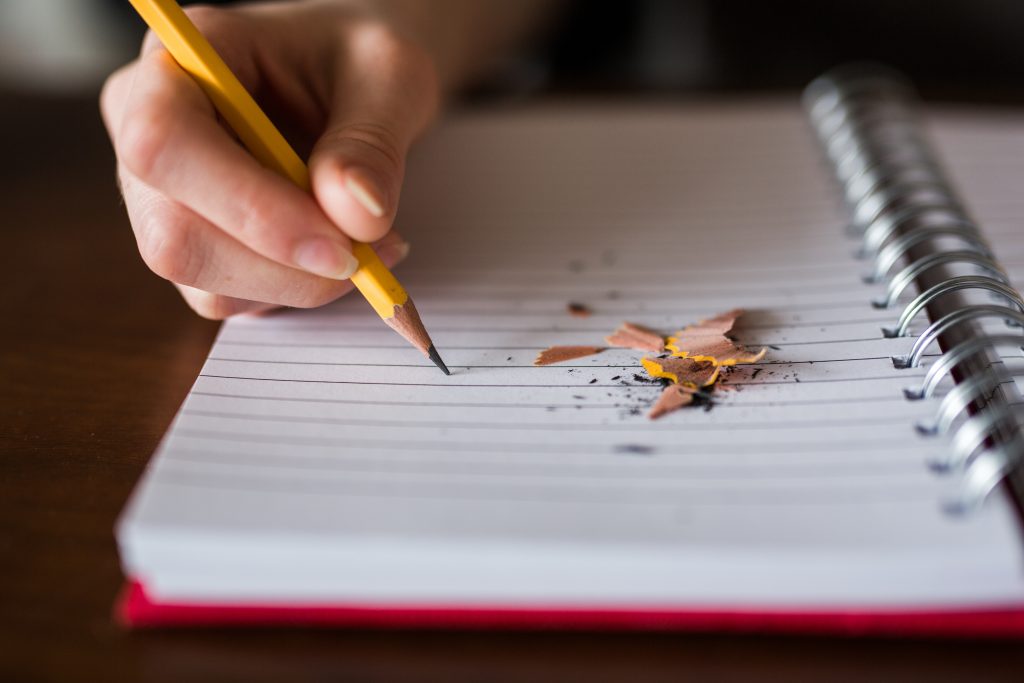
When failure is not an option, we are actually setting ourselves up to fail. Making mistakes is how humans learn and grow, and without some missteps, we cannot possibly move forward.
In this always-on, ever connected world of ours, it’s difficult to be wrong. And I’m a copy editor, so I should know.
Nobody will allow it. In every article and blog entry, every Facebook post, every social media interaction, there is a new inherent judgment that has inspired a lot of people to condemn all mistakes, of all sizes, at all times, no exceptions.
That’s… well, that’s a mistake.
The thing is, most of the time, it’s okay to make a mistake. While it’s absolutely true that some mistakes result in damage, whether emotional or physical, the mistakes we make as everyday human beings are, by and large, pretty minor.
I teach my young son that there is no shame or guilt in making an honest mistake. With my help or on his own, he works through his mistakes, reconsiders his decision-making process, and makes earnest adjustments to be prepared for the next time a similar situation might arise. This covers everything from spilled juice to miscalculations of couch acrobatics to calling someone a not-nice name out of anger. I’m a complete believer in this approach, because I am living with the consequences of it. As a direct result of making space for mistakes, he handles adversity quite well and is growing into quite the problem solver.
Right now, I imagine that about half of the people who read this article will think (maybe aloud?), “Sure, but he’s a small child, and adults should know better.”
Sorry. I just have to disagree with that one. Full stop.
Exactly how perfect are we supposed to be, and at what age are we supposed to cease making mistakes?
The unexpected result of my approach shows its real value. In our house, I am also given permission to make mistakes or be something less than absolutely perfect from time to time. I cannot begin to convey what a positive impact that has had on my relationship with my son, as well as in many other areas of my life. I don’t worry that my son will hate me forever if I am imperfect. Instead, I can share my challenges and learning process with him, which does double duty in strengthening our bond and giving him insight for his own life’s challenges.
It’s true that adults are good at a great many things and have certainly made a lot of mistakes and, hopefully, learned from them as well. However, consider our present world. It’s become more complicated than ever in human history. We’re now living in a new kind of world, particularly in the sense that we’re able to have instant communication with total strangers from various parts of the country and globe. Never before in existence have so many people been so vulnerable to judgment and criticism by such a high number of complete and total strangers. That’s a huge opportunity to squander with a zero mistake tolerance policy.
We teach our children it’s okay to make mistakes and that you can learn from them, and most people seem to agree that’s a reasonable approach. But we’re offering less and less kindness to adults who screw up even just a tiny bit. While there should be (and are) natural consequences for every action, we’ll have a better shot at living in a tolerable world if we can keep our heads on straight and stop expecting people to be perfect. Instead, let’s try expecting them to be human.